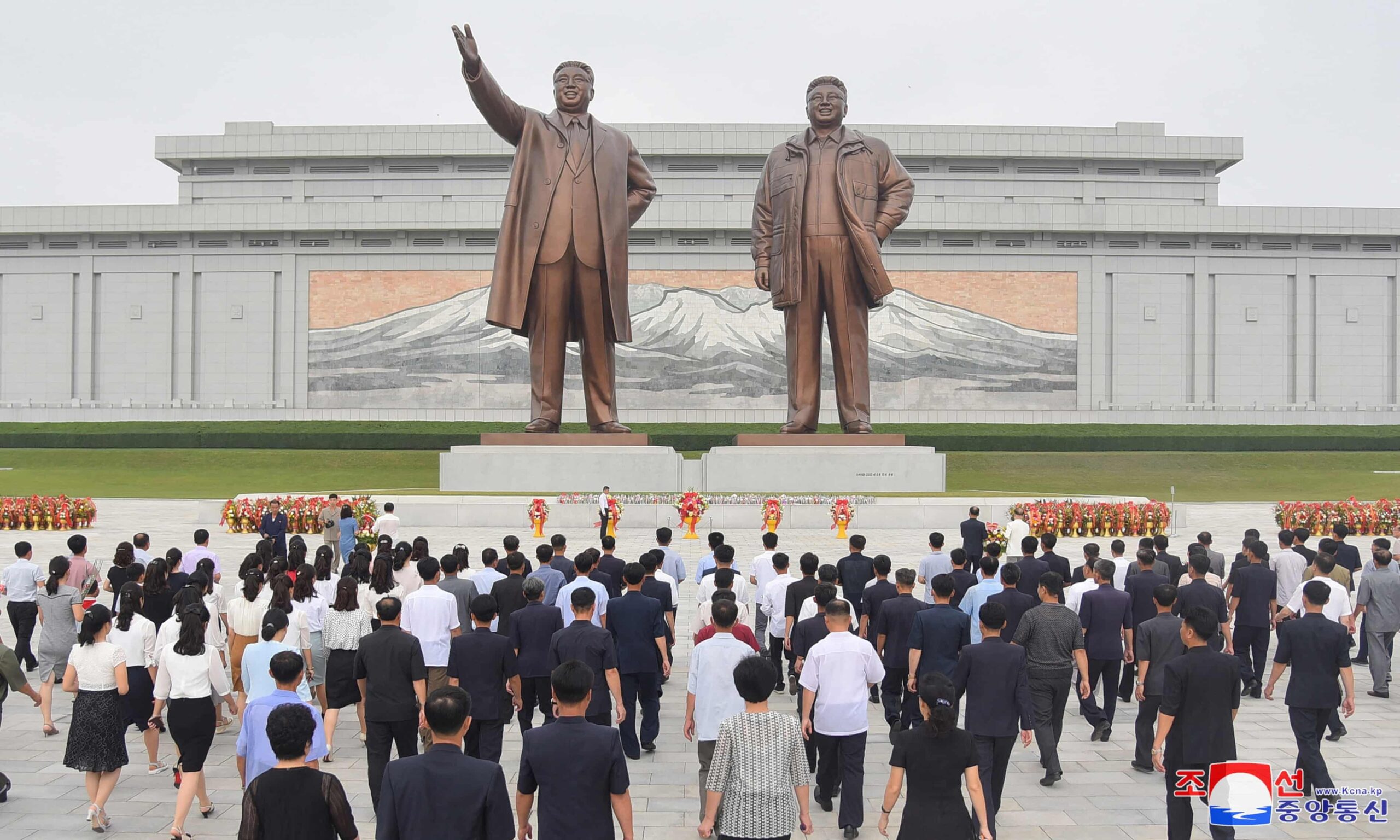Kim Ju-sŏng in The Guardian:
 “By the way, how are you managing with the 100-copy collection?”
“By the way, how are you managing with the 100-copy collection?”
“Huh? What do you mean, the 100-copy collection?”
“The books in the safe. Don’t neglect your library duties. It’d be a disaster if anything leaked to the outside.”
I set off for the library at a run. There were books in that safe? I had no idea. I figured, at best, it would be a stash of treatises by the leaders on literary theory, or else records of secret directives for KWU eyes only. It turned out that the 100-copy collection was where the union stored translated copies of foreign novels and reference books that writers could access.
With the speed of a bank robber, I yanked out my key, turned the lock and opened the safe. Inside, tightly packed together, were nearly 70 translated copies of foreign novels. Seeing them, I crumpled to the floor in shock.
The first title to jump out at me was Seichō Matsumoto’s Points and Lines, a Japanese psychological thriller published in 1970. With growing excitement, I fumbled through the stack. There was Ernest Hemingway’s For Whom the Bell Tolls, O Henry’s The Last Leaf, Alexandre Dumas fils’ The Lady of the Camellias, Takiji Kobayashi’s Crab Cannery Ship, Dante’s Divine Comedy, Giovanni Boccaccio’s Decameron, Victor Hugo’s Les Misérables, Emily Brontë’s Wuthering Heights, Margaret Mitchell’s Gone With the Wind; and, most exciting of all for me, Seiichi Morimura’s Proof of the Man, a Japanese detective novel that tells the story of a manhunt from Tokyo to New York.
More here.
